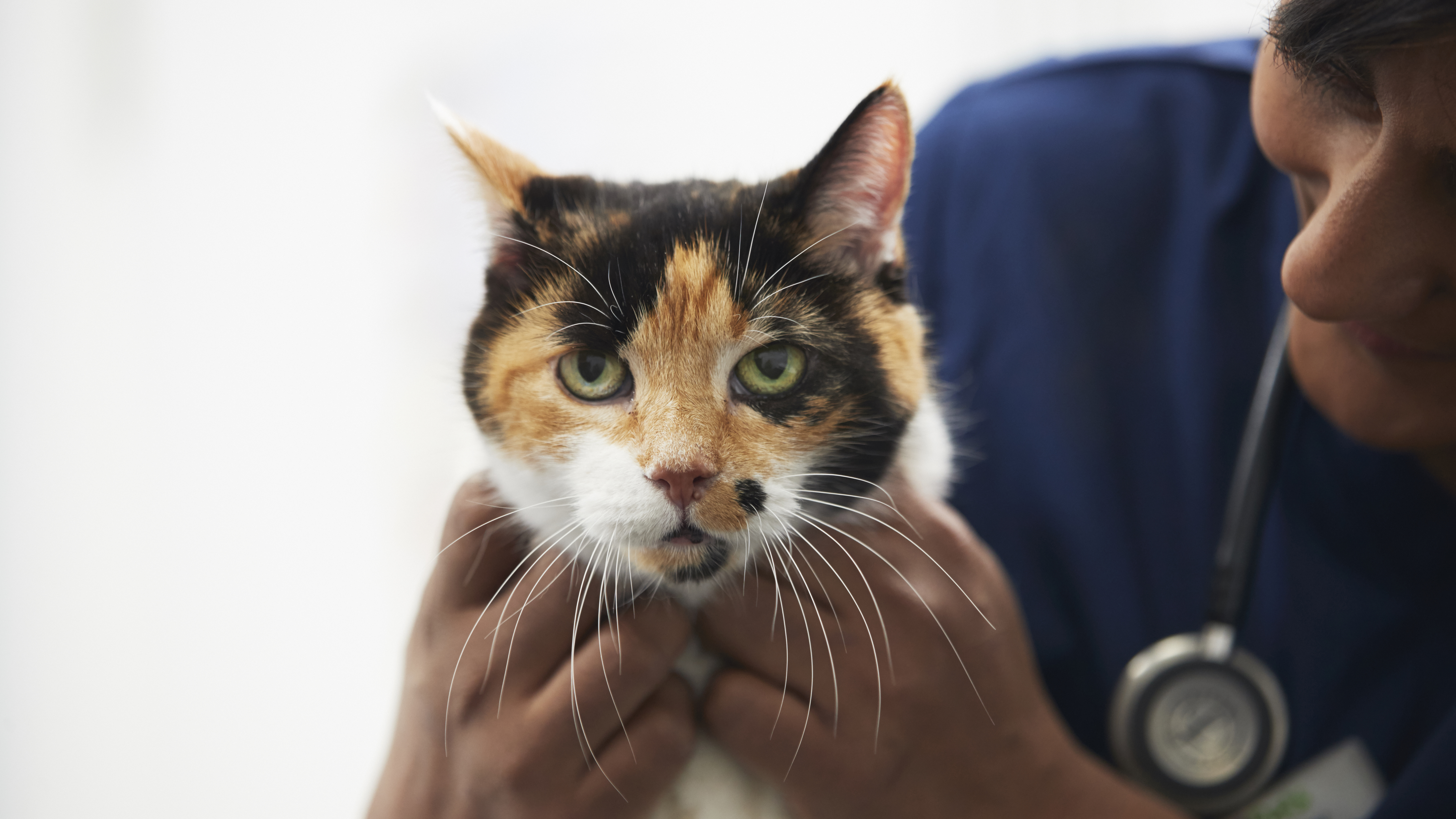
Pet Insurance and Health Plans
Health Plans and insurance are both important to help protect your pet, but they’re very different things, make sure you know what’s best for your furry friend.
At Vets4Pets, we recommend having both a Health Plan to cover the preventative care of your pet and pet insurance, to cover the cost of unexpected treatment.
Speak to your local vet for more information.
FAQs
Health Plans are designed to make preventative health care more affordable. Depending on which Health Plan you choose, you’ll save money on things like annual vaccinations, flea and worm treatment and routine health check-ups.
Pet insurance helps cover the cost of veterinary treatment for unexpected illness or injury. There are many different types of insurance and having the right cover can help you and your vet can make the appropriate decision for your pet.
The benefits of Health Plans include:
- Discounted vaccinations
- Discounted parasite prevention
- Annual health check covered
- Discounts off common veterinary procedures such as dentals or neutering
The benefits of pet insurance include:
- Peace of mind in the event of illness or injury
- Financial help to cover the cost of unexpected treatment
- Able to make decisions based on what’s best for your pet without worrying about the cost of treatment
Lifetime policies:
- Cover is provided up to a set amount for veterinary fees and refreshed each policy year
- No time limit on how long you can claim for each illness or injury as long as you renew the policy each year without a break in cover
- Ideal if you pet develops an ongoing condition such as arthritis or diabetes
Maximum benefit policies:
- Cover is provided up to a maximum amount per condition (eg £3,000)
- Once you have claimed up to the maximum amount, that condition is excluded from the policy.
12 month/time-limited policies:
- Cover is provided up to a maximum amount per condition.
- There is a 12 month limit, meaning conditions will only be covered for the first 12 months.
- After 12 months, the condition will be excluded from the policy.
Accident only:
- No cover for illness
- Provides a fixed sum of money for each accidental injury
- Some policies have a 12-month limit meaning injuries will only be covered for the first 12 months
- Often only covers a certain amount of accidents
- Excess. The excess is a contribution you make towards the cost of a claim. It is important to check what excesses apply as some insurance policies have a % excess in addition to a fixed excess. The Excess is usually deducted from your claim settlement.
- Additional Cover. Some policies will not only cover the cost of veterinary bills, but also include cover for the cost of advertising and a reward if your pet gets lost or stolen. Some policies can even help with legal costs if your pet causes an accident, injury or damage to someone else’s property.
- Pre-existing conditions. Pet insurance does not usually cover pre-existing conditions that occurred before the start of the policy. It is important to get the right cover from the start as switching to a different policy could cost you more in the long run if your pet already has any illnesses.
- Price. Not all pet insurance is the same so don’t just shop around on price alone. It is important to check how the cost of your policy will change over time. Most policies increase in price as your pet gets older, but some insurers also increase your premium if you claim and others don’t.
- Can you pay my vet directly?
- What is my excess?
- Are you a pet insurance specialist?
- Will you cover my pet into old age?
- Will my premium or excess increase if I make a claim?
- Does the policy cover congenital, hip related or hereditary diseases?
- Does this policy cover dental treatment and behavioural problems?
- Does this policy place limits on particular conditions or medications?
- Is there a time or monetary limit on how long this policy will cover ongoing conditions for?
Health plans are designed to make your pet’s preventative health care more affordable. Depending on which health plan you choose, you’ll save money on things like annual vaccinations, flea and worm treatment and routine health check-ups.
- Vaccinations. Pets can suffer from a range of unpleasant diseases, some of which cause a lot of discomfort and many of which can be fatal. The best way to protect your pet is to have it vaccinated by a vet as soon as it is old enough. Your pet will first have a primary course of injections, then a booster vaccination each year to keep the immunity topped up.
- Flea and Worm Treatment. Pets can be exposed to a number of internal and external parasites that can cause a lot of discomfort, and some, such as lungworm, can even be life threatening. As part of your preventative healthcare routine for your pet, we recommend regular parasite protection from your vet.
- Annual Health Checks. Keeping health issues at bay takes an experts eye, which is why we recommend regular visits to the vet. It’s the perfect way to spot problems or potential issues and treat them before things get worse.
